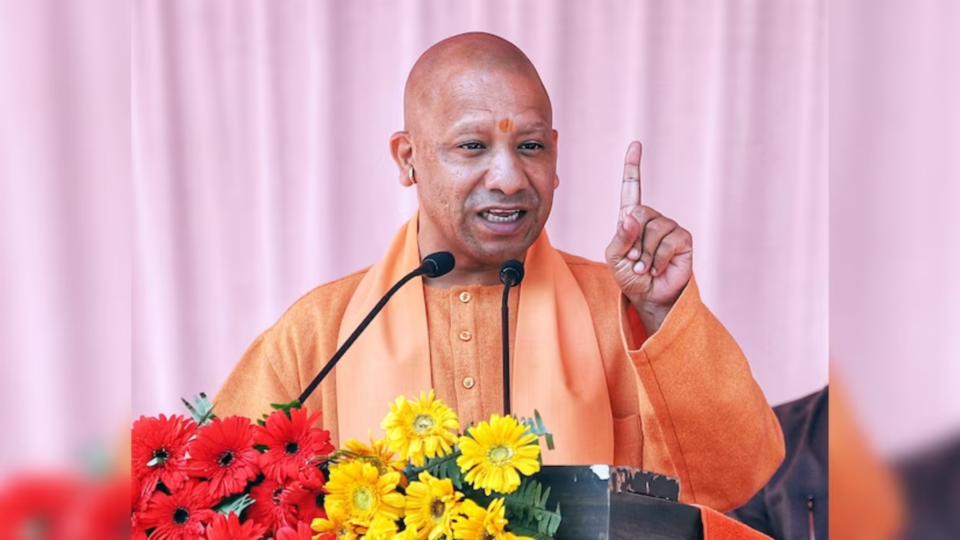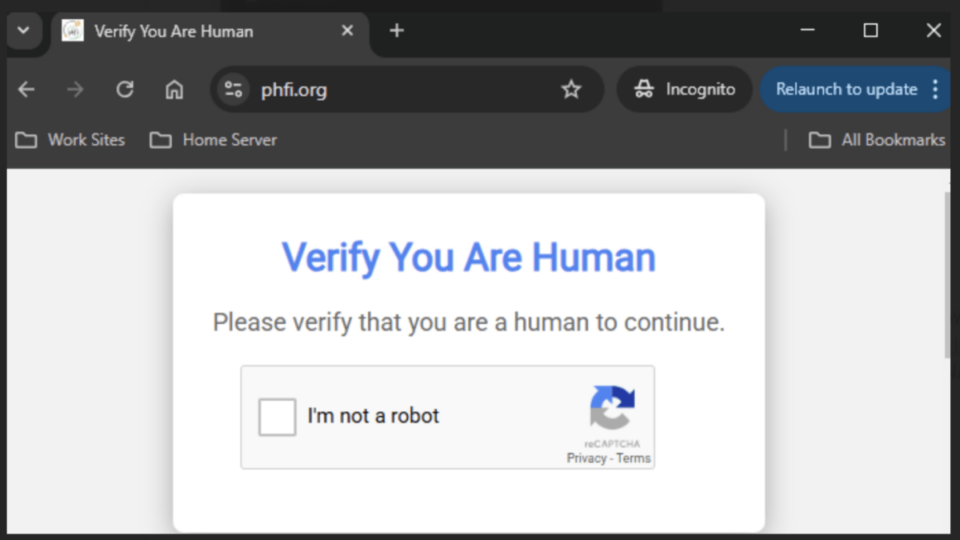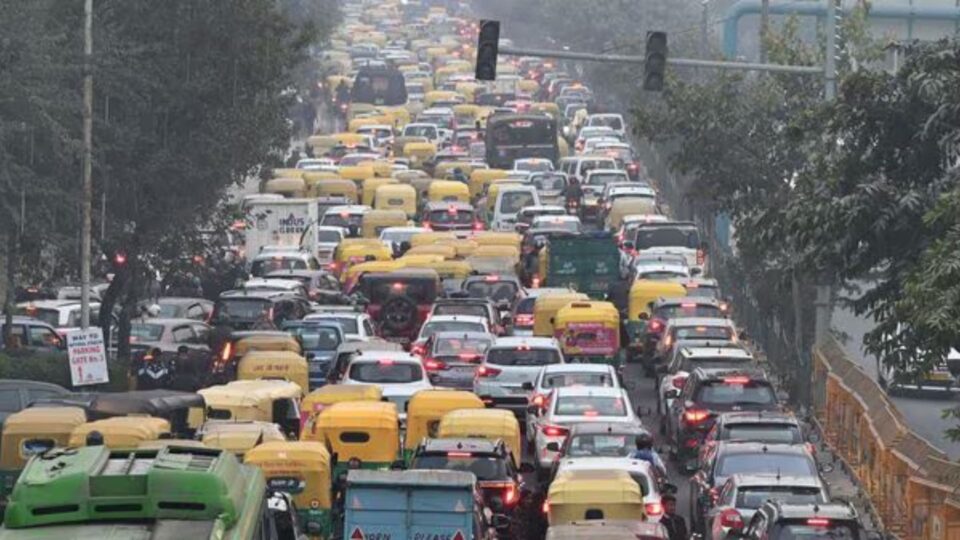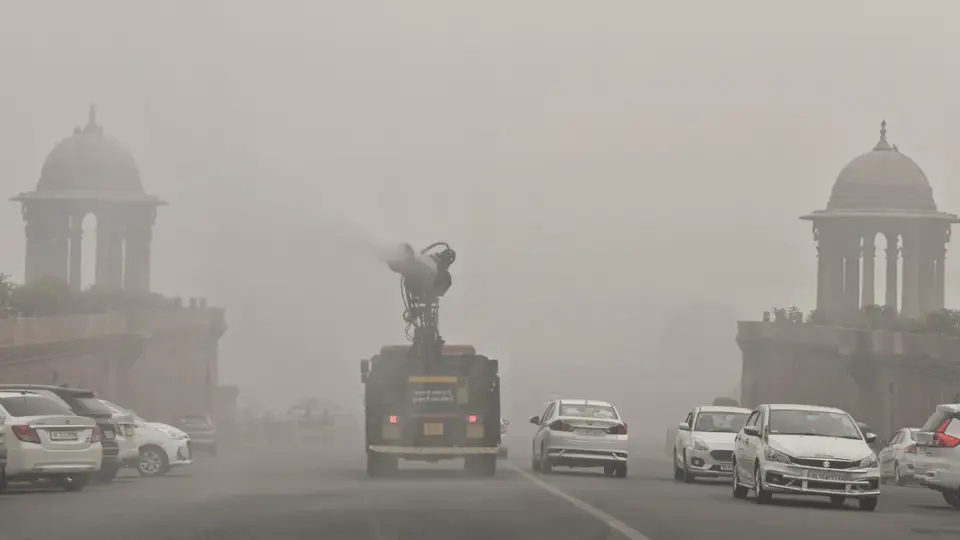
IndiaViral News
Delhi-NCR Restrictions Under GRAP-IV: What You Need to Know About the Restrictions
As the air quality index reached 481, the highest level of the season, Delhi was shrouded in a thick layer of deadly haze on Monday, making it difficult to see shadows. Under Stage IV of the Graded Response Action Plan (GRAP), officials have implemented strict anti-pollution measures in response to declining air quality to stop the worsening catastrophe. The Commission for Air Quality Management (CAQM) issued the limitations.
- Truck movements entering Delhi are restricted following the GRAP-IV directive unless they transport necessities or utilise clean fuel (LNG/CNG/BS-VI diesel/electric).
- Except for EVs, CNG, and BS-VI diesel cars, non-essential light commercial vehicles registered outside of Delhi would also be banned.
- The panel stated that Delhi-registered BS-IV or older diesel medium and heavy freight trucks are prohibited except those in vital services.
- The building of all public projects, including roads, flyovers, electricity lines, pipelines, and highways, has been halted.
- Additionally, in light of deteriorating air quality, online instruction was recommended for students in Classes 6 through 9 as well as Class 11.
- It also suggested that workplaces in the National Capital Region (NCR) operate at 50% capacity, with the remaining employees working from home, as the air pollution situation in the NCR got worse.
- Additionally, the group suggested that federal government employees be given the option to work from home due to the dense layer of harmful pollution that covers Delhi.
- With the exception of Classes 10 and 12, the Delhi government mandated that schools switch to online instruction. It has been requested that all heads of government and private schools make sure that pupils in lessons 9 and 11 do not attend offline lessons till further notice.
- According to the report, state governments may also choose to impose odd-even vehicle regulations, restrict non-essential business activity, and close universities.



